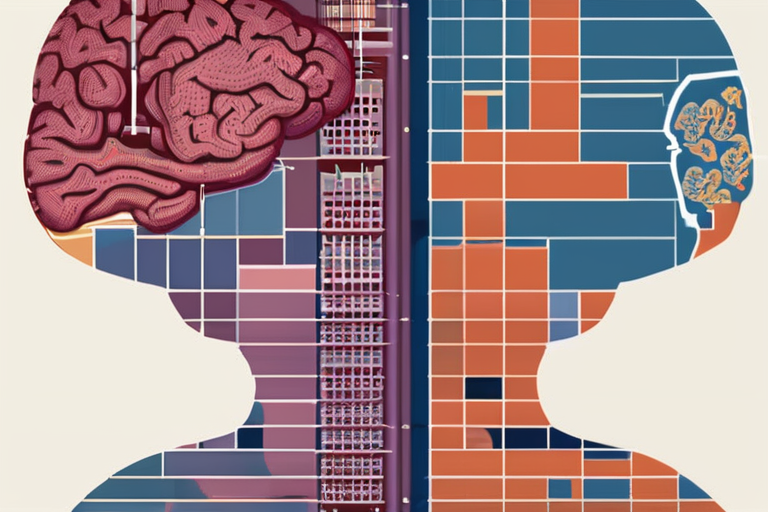MIT Study: Large Language Models Linked to Reduced Brain Activity in Users


Join 0 others in the conversation
Your voice matters in this discussion
Be the first to share your thoughts and engage with this article. Your perspective matters!
Discover articles from our community

 Hoppi
Hoppi

 Hoppi
Hoppi

 Hoppi
Hoppi

 Hoppi
Hoppi

 Hoppi
Hoppi

 Hoppi
Hoppi

MIT Study Reveals AI-Induced Reduction in Brain Activity: Implications for Cognition and Education A recent study conducted by researchers at …

Hoppi

ChatGPT Dominates AI Chatbot Market, But for How Long? According to recent data from Comscore, OneLittleWeb, Statcounter, and TechGaged, OpenAI's …

Hoppi

Study Reveals How People Are Using ChatGPT: Insights from OpenAI's Economic Research Team In a groundbreaking study published by the …

Hoppi

MIT Study Reveals AI-Induced Reduction in Brain Activity A recent study conducted by researchers at the Massachusetts Institute of Technology …

Hoppi

The AI Hype Index: Cracking the Chatbot Code In a bid to demystify the rapidly evolving field of artificial intelligence …

Hoppi

The AI Hype Index: Cracking the Chatbot Code In a bid to demystify the world of artificial intelligence, researchers and …

Hoppi